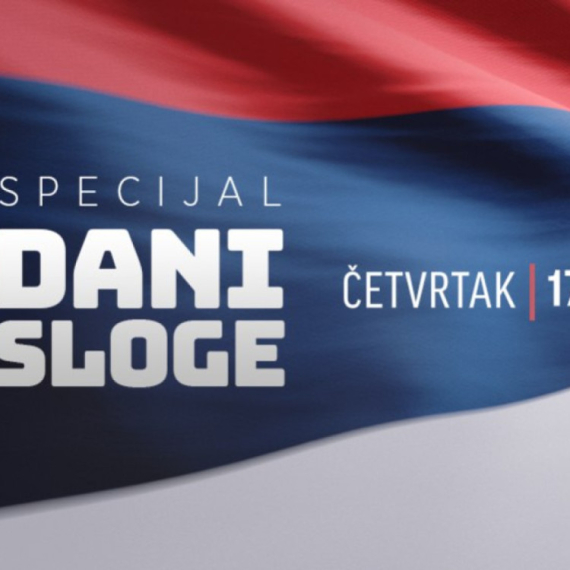Ombudsman in warning over electronic communications law
Citizens Ombudsman Saša Janković has warned that if the new Law on Electronic Communication is adopted, the citizens' right to privacy may be compromised.
Thursday, 17.06.2010.
16:37

Citizens Ombudsman Sasa Jankovic has warned that if the new Law on Electronic Communication is adopted, the citizens' right to privacy may be compromised. Jankovic spoke for B92 Radio in Belgrade on Thursday to say that there was previously an “agreement with security services” to gradually move toward better protection of civil rights in the country, while the draft law that is currently in parliamentary procedure represents “a step back”. Ombudsman in warning over electronic communications law “If the law were to be adopted in its current form, the door would be wide open for abuse, without courts, the guardian, that would decide when the constitutionally guaranteed right to privacy of communications could be removed,” he warned. Media reported that the draft would give Serbia's Security-Information Agency (BIA) access to technical details of electronic communication without a court order – not to the actual content of that communication. But the ombudsman and the public information trustee, along with NGOs and the opposition have all voiced their objection to the law, while the ruling coalition defended it, and denied it would enable BIA to effectively wiretap anyone's conversations at will. The draft, the ruling parties say, “explicitly forbids this”. But Jankovic says that if the door is left open “too wide”, and if courts have no control over the process, “individuals will inevitably abuse the possibilities at their disposal”. “What does all this mean for the citizens? It's possible there won't be only listings (of electronic communications) of criminals and terrorists, but also of people's social networks, journalists' sources,” said Jakovic. He noted that the “services” are already given the right to wiretap conversations “without much control” via other legislation that is in place, and that the trend was expected to go toward “better and already accepted standards”. Jankovic also said he feared that investigative journalism, which he said was “rare in Serbia as it is”, might face insurmountable obstacles with the new law. He went on to tell the ruling parties that “laws last a long time”. “Perhaps they need to be reminded of the fact that the rules remain the same even when the ruling circle of people changes, and that precisely what seems protective to them now, might turn into a dangerous political context for them in the future,” Jankovic concluded.
Ombudsman in warning over electronic communications law
“If the law were to be adopted in its current form, the door would be wide open for abuse, without courts, the guardian, that would decide when the constitutionally guaranteed right to privacy of communications could be removed,” he warned.Media reported that the draft would give Serbia's Security-Information Agency (BIA) access to technical details of electronic communication without a court order – not to the actual content of that communication.
But the ombudsman and the public information trustee, along with NGOs and the opposition have all voiced their objection to the law, while the ruling coalition defended it, and denied it would enable BIA to effectively wiretap anyone's conversations at will.
The draft, the ruling parties say, “explicitly forbids this”.
But Janković says that if the door is left open “too wide”, and if courts have no control over the process, “individuals will inevitably abuse the possibilities at their disposal”.
“What does all this mean for the citizens? It's possible there won't be only listings (of electronic communications) of criminals and terrorists, but also of people's social networks, journalists' sources,” said Jaković.
He noted that the “services” are already given the right to wiretap conversations “without much control” via other legislation that is in place, and that the trend was expected to go toward “better and already accepted standards”.
Janković also said he feared that investigative journalism, which he said was “rare in Serbia as it is”, might face insurmountable obstacles with the new law. He went on to tell the ruling parties that “laws last a long time”.
“Perhaps they need to be reminded of the fact that the rules remain the same even when the ruling circle of people changes, and that precisely what seems protective to them now, might turn into a dangerous political context for them in the future,” Janković concluded.







































Komentari 1
Pogledaj komentare